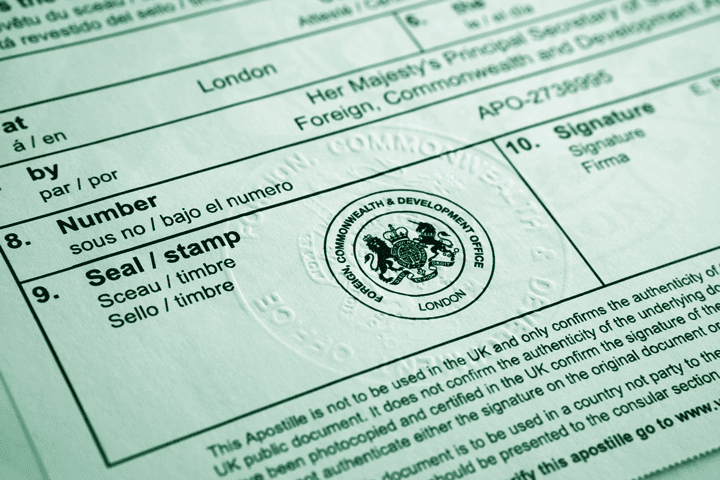When to Choose Certified Document Translation Services
Certified translations are official translations of documents that are accompanied by a signed statement from the translator or translation service, attesting to the accuracy and completeness of the work. This certification ensures the document’s content precisely reflects the original text without any misrepresentation or omissions.
Certified translations are vital for scenarios where legal, governmental, or institutional requirements demand an authenticated document. Such documents often include:
- Birth, marriage, or death certificates.
- Academic diplomas, transcripts, or credentials.
- Immigration-related paperwork like visas or residency applications.
- Contracts, patents, or other legally binding agreements.
Certified translations provide credibility, foster trust, and meet specific statutory demands, ensuring compliance in sensitive and formal contexts.
Legal Requirements: When Certified Translation is Mandatory
Certified translations are frequently required in situations involving official, legal, or governmental processes. Various entities mandate certified translations to ensure accuracy and authenticity when dealing with documents in different languages. These requirements commonly apply to:
- Immigration Proceedings: Citizenship applications, visa documentation, and residency permits often demand certified translations of birth certificates, marriage licenses, or police records.
- Court Submissions: Legal disputes or procedures require certified translations of contracts, affidavits, or foreign legal judgments.
- Academic Applications: Universities and certification bodies may ask for certified transcripts or diplomas for a reliable evaluation of foreign credentials.
- Business Transactions: Contracts, patents, and regulatory filings in cross-border dealings often necessitate certified translation for legal compliance.
Such requirements ensure translated documents uphold legal standards and are admissible in both domestic and international contexts.
Red Flags: How to Identify If Your Documents Require Certified Translation
Certain scenarios can signal the necessity for certified translations. Individuals should evaluate legal or official documents carefully for these indicators:
- Submission to Government Agencies: Documents like birth certificates, marriage certificates, or immigration forms often require certified translations for processing.
- International Academic or Professional Institutions: Applications involving diplomas, transcripts, or recommendation letters may necessitate certification to meet credibility standards.
- Legal Proceedings: Court cases or notarized contracts often demand certified translations to ensure legal validity.
- Regulatory Compliance: Financial statements or business agreements submitted to regulatory bodies typically require certification to verify accuracy and authenticity.
- Rejection Notices: If documents have previously been declined by an entity due to missing certification, a certified translation is likely needed.
Meticulous attention to these signs ensures adherence to applicable standards and minimizes delays.
Certified Translation 365 is available 365 days of the years to guide you and provide you with our expert team to ensure your document is translated and accepted on most government agencies.
